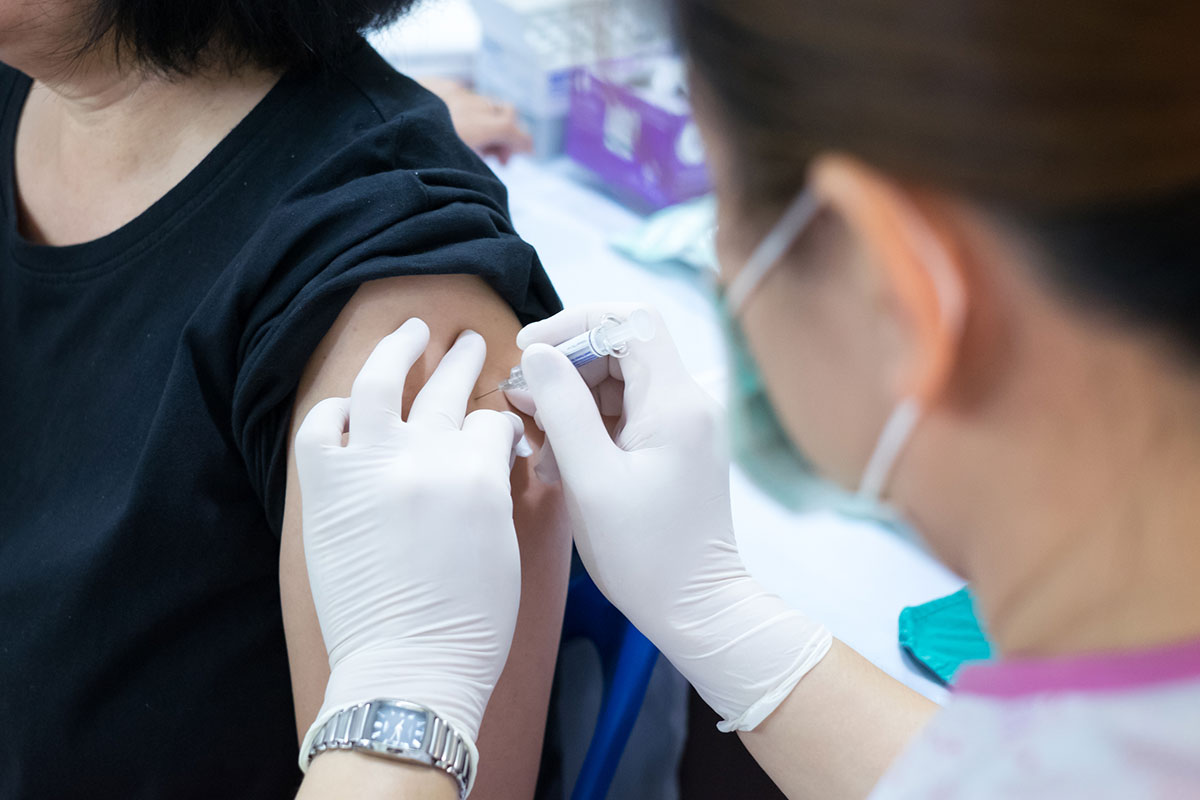<< Back
Expect These Safeguards Wherever You Get Your COVID-19 Vaccine

February 10, 2021
When COVID-19 vaccines first became available, they were administered in hospital settings to healthcare workers. As availability of doses and types of people allowed to receive the shot have expanded, so have the locations.
Across the country, vaccines are being given in hospitals, clinics, drug stores, grocery stores, parking garages, senior centers, baseball and football stadiums, high school parking lots, school gymnasiums and doctors’ offices.
In Connecticut, as state officials continue to broaden vaccine eligibility, the public is asked to be patient because the amount of vaccine the state is receiving from the federal government is not currently enough to meet demand.
Vaccines are now being administered by a variety of healthcare professionals: doctors, nurses, pharmacists, physician assistants and pharmacy technicians. But mass vaccine programs aren’t new to states — during the H1N1 pandemic in 2009, the federal government coordinated with states to ensure vaccinations were given in large venues. And health professional associations, such as the National Pharmacy Technician Association (NPTA), have been providing training programs to get their members ready.
This wide range of locales and those administering the shots have raised some concerns among the general public. You can put those fears to rest, said Dr. Virginia Bieluch, Chief of the Division of Infectious Diseases at The Hospital of Central Connecticut.
“Pharmacies have been safely providing vaccines to people for many years,” she said. “Flu vaccine clinics have been sponsored safely at sites such places where people work. CDC has provided those responsible for vaccinating the public for COVID-19 with recommendations for how to safely deliver these vaccines.”
Dr. Bieluch said safeguards for administering COVID-19 vaccines include:
- Monitoring for at least 15 minutes after vaccination. Those who have had a previous severe allergic reaction or any immediate allergic reaction to a vaccine or other injectable medical therapy should be monitored for at least 30 minutes.
- Having appropriate medications and equipment on site to manage any types of reactions people might have. These sites will have monitoring equipment such as blood pressure cuffs and stethoscopes as well as medications to treat allergic reactions.
- Vaccination centers will have protocols to call for emergency medical responders when necessary and transport people to hospitals in the rare cases in which this is necessary.
“Serious immediate reactions to COVID-19 vaccines are rare and the public should feel confident that those administering COVID-19 vaccines are taking precautions to manage any immediate adverse reactions that may occur as a result of the vaccine,” Dr. Bieluch said.